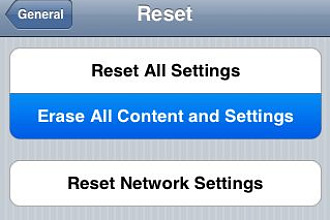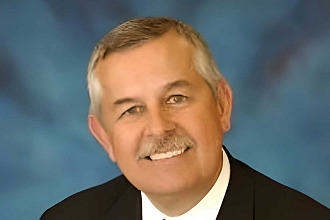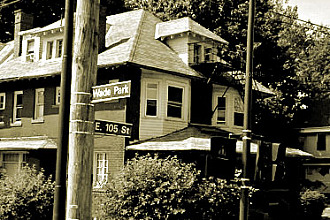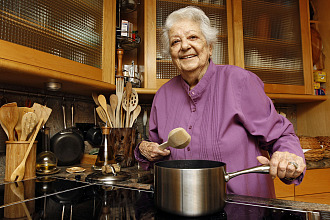Born in a Shi’ite village in Lebanon during the Lebanese Civil War, a war from 1975-1990 mainly involving internal and regional disputes between local Muslim and Christian populations, Ibrahim Yassin watched as the Syrians, Palestineans, and Hezbollah destabilized and horrifically pillaged his homeland, disrupting the lives of his friends, family, and community.
“The Palestinians tied our daughter onto two cars and each one drove in a different direction,” Yassin recalled. “And she’s screaming, and the cars begin to stretch her. I saw this in front of my eyes in my home’s backyard.”
The Israeli Defense Forces (IDF) eventually became involved in the regional skirmish, crossing the northern border of Israel penetrating Lebanon to help the Lebanese people. For many Lebanese, including Yassin, the IDF was hailed a liberating force that helped restore peace to his homeland and first sparked what would ultimately become a lifelong love for and desire to serve Israel and the Israeli people.
“My wife was giving birth and there was nobody to help,” Yassin recalled. “There’s no car in the village, no health clinic, and no midwife. An IDF patrol passes on the road. We put all sorts of symbols on the roof, such as maps of Lebanon. Contrary to procedures, the forces entered the village placing their own lives at risk.”
“Usually they wouldn’t go into the village,” Yassin continued. “Listen, this Israeli went in, and he endangered his life, with his friends, called a helicopter to the village, put my wife on the chopper and sent her to [Haifa’s] Rambam Hospital.” His wife’s life was ultimately saved as a result of this IDF officer, and she was able to give birth. Yassin believes his wife would have died if she remained in Lebanon.
However, Yassin’s growing affinity for Israel was deemed suspicious by Hezbollah, a Shi'a Islamist political party and paramilitary extemist group based in Lebanon. Hezbollah kidnapped Yassin, interrogating and torturing him in an underground bunker for months. One ringleader and global operations chief of the group, Imad Mughniyeh, even transported Yassin’s family across the border into Israel and burned his 8-month-old infant son alive in front of the family.
Hezbollah finally deemed Yassin was innocent of whatever crimes he may have committed and a non-threat, allowing him to go free, but not after months of torture. Out of a sense of revenge for what happened to him, however, this incident actually became motivation for Yassin to join Hezbollah. He used his increasing rank, position, and a decade of service to infiltrate the terror group as a spy, gaining tremendous amounts of inside knowledge of the rogue terror organization which he passed on to Israeli intelligence agencies.
However, Yassin’s dangeous work eventually led him to believe Lebanon was too risky of a place for his family to reside in, and with the help of the State of Israel who also feared for his safety, moved his family into Safed, Israel. During the relocation process, he changed his name in the process to Avraham Sinai, converted to Judaism, and has has since built a successful life and legacy there for himself and his family.
“It’s hell there and it’s heaven here,” he speaks of Lebanon not-so-fondly. “Why would I miss hell?”
Written by Erin Parfet


























